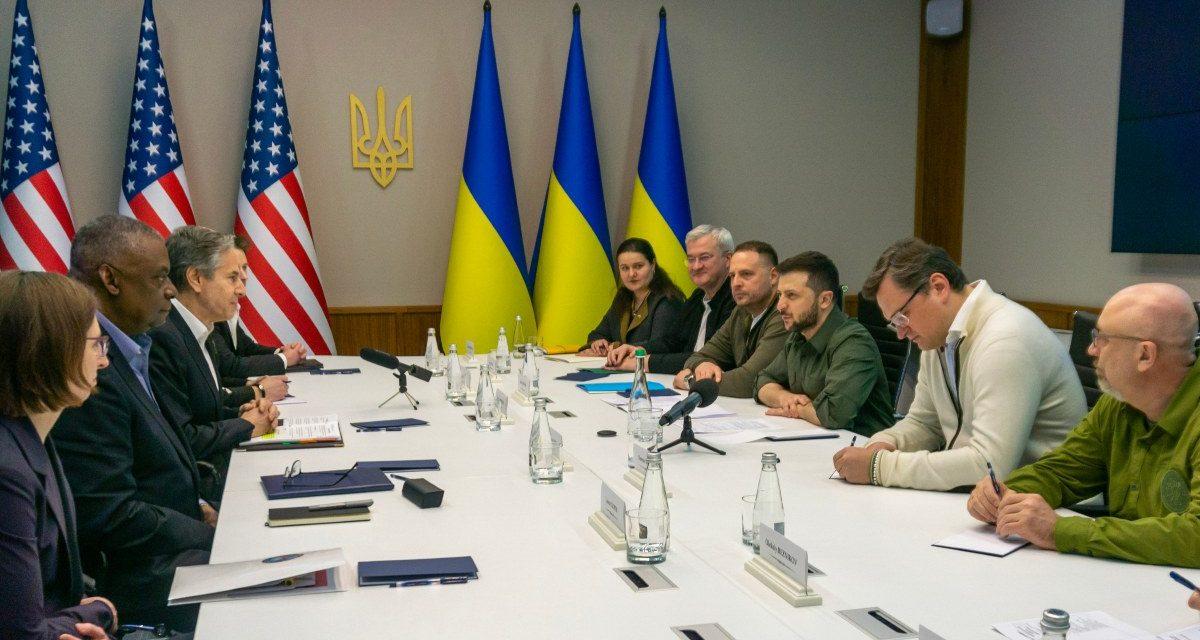Closed and Exclusive ‘Cliques’ Cannot Stop Historical Trend of Building a Community with Shared Future for Humanity
The United States has publicly stated that its cooperation with allies is "not directed at China,” yet various "small cliques" led by the U.S. have become increasingly confrontational with China and pose the greatest threat to regional peace and stability. Ignoring the consensus of the Declaration on the Conduct of Parties in the South China Sea and the reality of regional peace and stability, the United States, Japan and the Philippines have frequently used the Mutual Defense Treaty between the Philippines and the United States and the U.S.-Japan Security Treaty to threaten China. They falsely portray the calm and professional maritime law enforcement of China’s Coast Guard as "dangerous and aggressive behavior." Japan and the United States have used the trilateral summit and joint patrols in the South China Sea, also involving Australia and the Philippines, to embolden the Philippines to provocations in the South China Sea. It is only with the support of foreign powers that the Philippines dares to act recklessly, repeatedly sending ships to illegally enter the waters near China's Second Thomas Shoal and staging a farcical “collision” with a Chinese Coast Guard ship. The United States is recklessly exaggerating the "China threat" to create anxiety and tension, turning the previously peaceful Asia-Pacific region into a "geopolitical arena" for confrontation with China. It is still playing bloc politics with a Cold War mentality.
These U.S. "cliques" may seem active, but the United States' overbearing manner together with its provocative words and actions that fan the flames are truly unpopular. The performance of the United States in crises such as Ukraine and the Israel-Hamas war has already exposed the hypocrisy of U.S.-style democracy to the world. The narrative of "democracy versus authoritarianism" peddled by the United States is riddled with holes and has few takers. U.S. domestic problems of party politics, debt, the migrant crisis, and so on are becoming increasingly difficult to overcome. The absurd farce of blaming external parties for its internal problems and shirking its responsibility continues to play out while "American-style democracy" faces increasing scrutiny and criticism.
Unlike the United States' promotion of its closed and exclusive "circle” in the Asia-Pacific region, China embraces the concepts of friendship, sincerity, mutual benefit and inclusiveness. It has deepened friendly cooperation with neighboring countries and undertaken many heartwarming, tangible initiatives, creating new routes to building a community with a shared future in Asia. China and ASEAN have been each other's largest trading partners for four consecutive years. The “State of Southeast Asia: 2024 Survey Report” released by Singapore’s ISEAS–Yusof Ishak Institute on April 2 shows that Southeast Asians view China as the most influential country economically and politically in Southeast Asia since 2019. More than half of the respondents were optimistic about their countries' relations with China. The percentage of respondents who positively rated the U.S.-led Indo-Pacific Economic Framework dropped from 46.5% last year to 40.4% this year.
Chinese people are busy working hard to become prosperous and improve their lives, and they have no interest in how the U.S. and its allies interact. However, their self-interested intentions are obvious, targeting China at every turn and explicitly strengthening "alliance cooperation” at the expense of China's interests. China's stance is clear: It firmly opposes the manipulation of group politics by the countries concerned; firmly opposes any practices that provoke and escalate conflicts, harming the strategic security and interests of other countries; and firmly opposes the creation of closed and exclusive "cliques" in the region.
The Asia-Pacific region should be a platform for countries to promote cooperation, not an arena for provocation and confrontation. The U.S. and its allies should abandon the Cold War mentality and give up the idea of creating chaos and profit by manufacturing confrontation on multiple fronts. They should show genuine respect for the desire of the people of Asia-Pacific countries for peace, development and cooperation, and jointly safeguard the hard-won peace, stability, and the positive momentum of development.

:quality(70):focal(3019x875:3029x885)/cloudfront-eu-central-1.images.arcpublishing.com/irishtimes/7G4NK5YPSHWOURTNKG5C6KFXIE.jpg)
